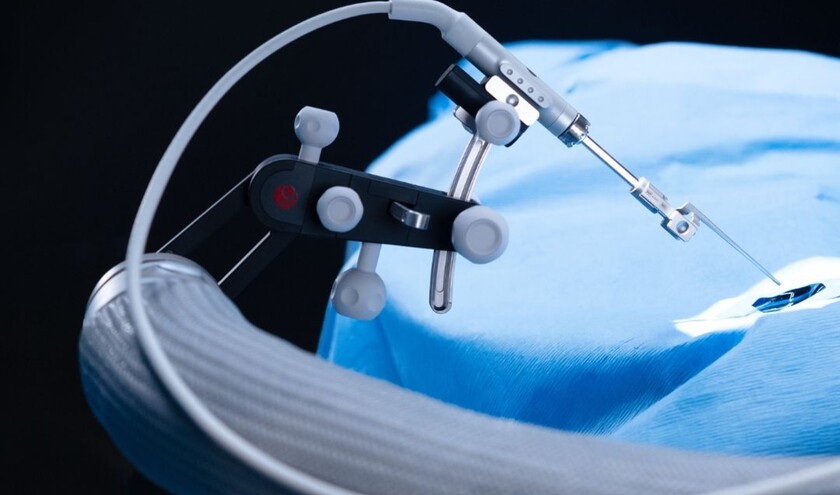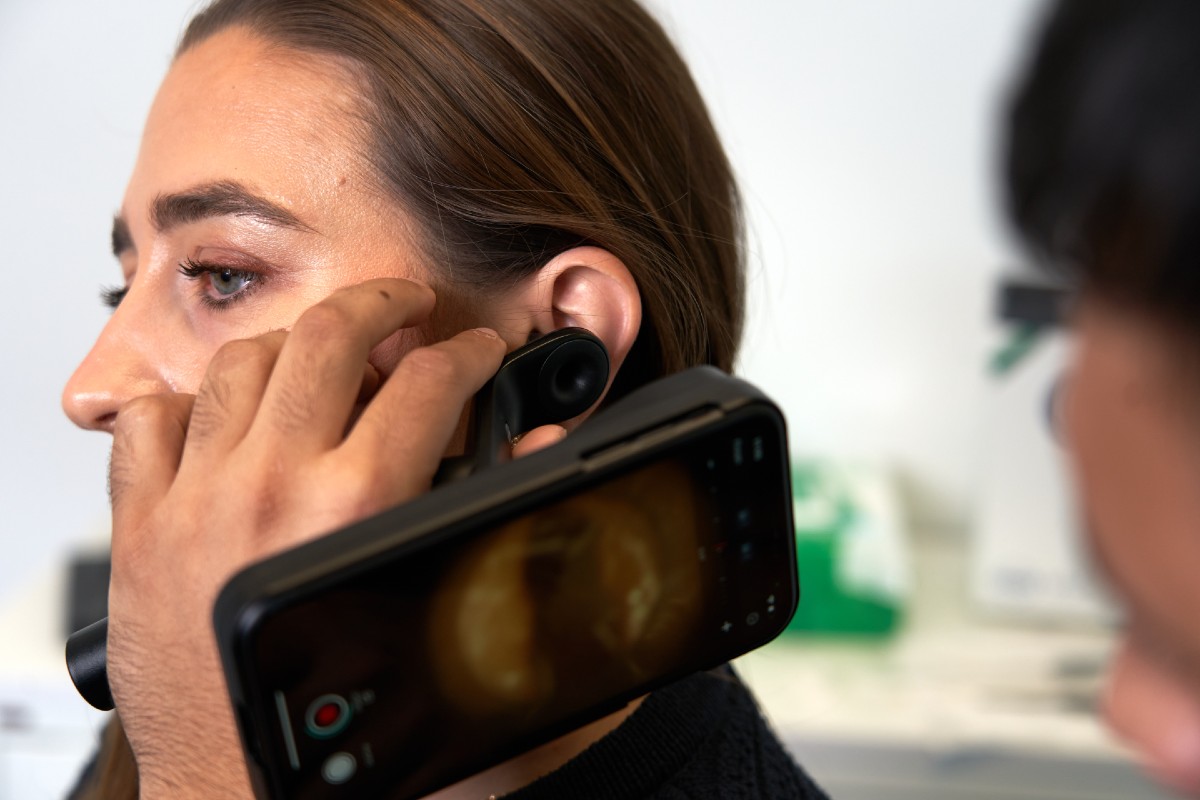Consultant otolaryngologist and surgeon Emma Stapleton used OTODRIVE and OTOARM, developed collaboratively by hearing implant leader MED-EL and medical engineering innovator CASCINATION AG. The systems have been designed to support surgeons in performing cochlear implant surgery with enhanced control and consistency, while preserving human expertise.
OTODRIVE allows surgeons to insert cochlear implant electrodes with highly-controlled motion - at speeds as slow as 0.1 mm per second - supporting a more deliberate and stable surgical approach.
Meanwhile, OTOARM assists in positioning surgical tools with high accuracy, helping to reduce the impact of natural hand tremors and enabling smoother, more consistent movements.
For surgeons, these tools are designed to reduce physical strain and simplify workflows, allowing them to focus on delivering the best possible care.
For patients, greater precision during cochlear implant surgery may help minimise trauma to the cochlea, support the preservation of delicate inner ear structures and preserve any remaining residual hearing.
Stapleton said: ‘It's a lovely, elegant system. It's easy to set up and use, and doesn't take up space in the operating room, as it attaches to the operating table and can be manoeuvred easily both before and after draping.
‘I was also impressed with its use with the operating microscope – I'd expected this to be a challenge but it worked really well. It didn't add on much time to the procedure either – just a few extra minutes.'



